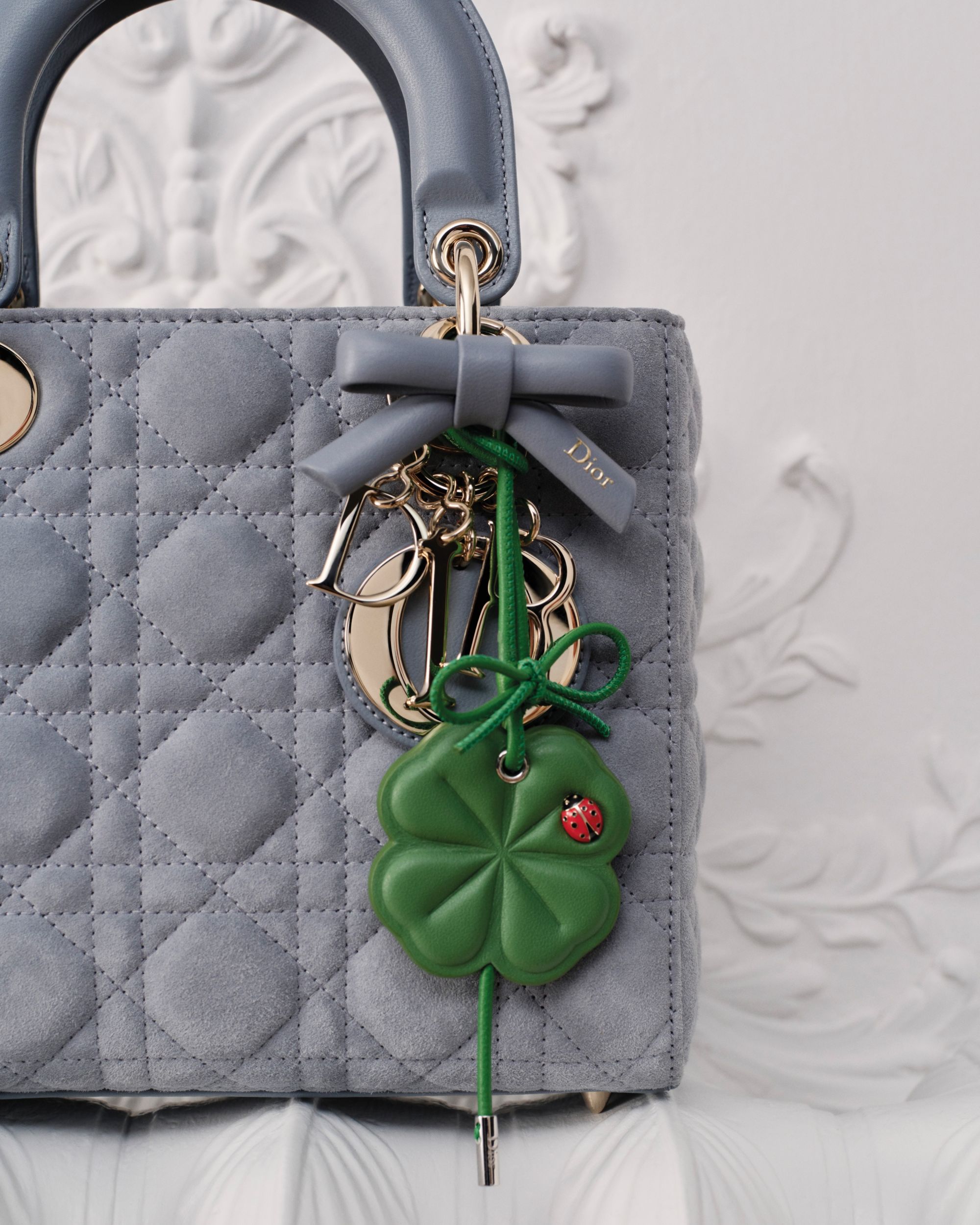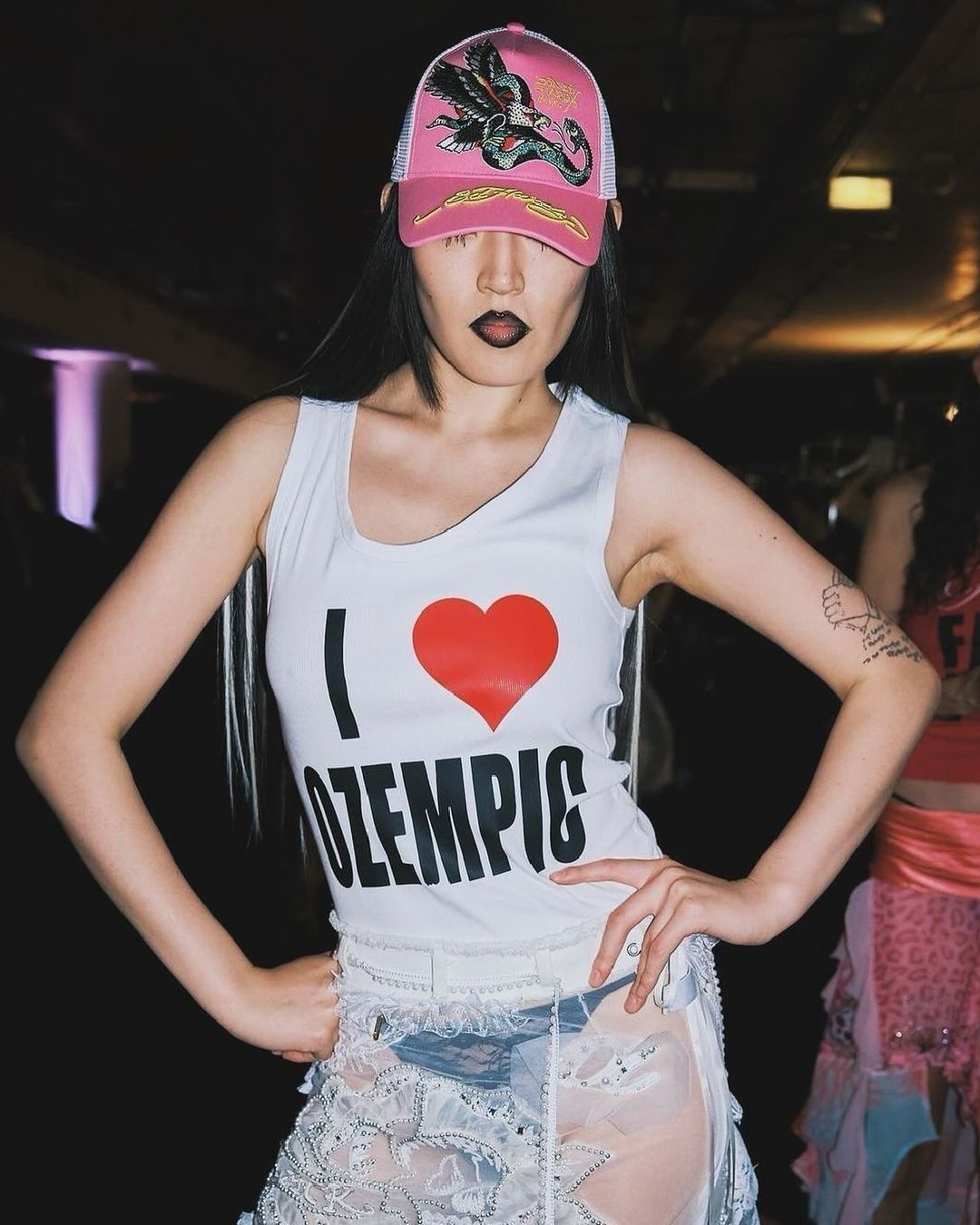
Why Kim Kardashian can't trademark the word Kimono The name of her new shapewear line has faced major backlash and accusations of cultural appropriation
A few days ago, Kim Kardashian launched from her social networks the arrival of a line of shapewear designed for sizes XXS to 4XL that will be distributed in 9 different colours, depending on the skin tone. Enthusiastic about the project, Kim said:
Finally I can share with you guys this project that I have been developing for the last year.
I’ve been passionate about this for 15 years. Kimono is my take on shapewear and solutions for women that actually work. I've often cut out my lingerie to fit my outfits and I've never been able to find a color that blends with my skin tone (to be invisible under my clothes, ed.). Many of us needed a solution to all of this.
The attention of many was immediately drawn to the name of the brand though: Kimono Solutionwear, a sort of play on words between Kardashian's first name and the traditional Japanese dress. The reference to the iconic Oriental garment almost immediately triggered a shower of negative comments. Yuko Kato, a Japanese editor of BBC News, described the line as "disconcerting, if not totally culturally offensive"; while other Twitter users, including the Victoria & Albert Museum, after pointing out how rich the kimono is in history and culture, said they considered Kim's choice "ignorant". Sono Fukunishi even launched the hashtag #KimOhNo in opposition to the star's project and opened a petition on Change.org that has already gained great reception.
One of the major concerns expressed these days is that if the line of Kanye West's wife was to obtain legal rights to the word "kimono", it would lose its identification with the Japanese tradition, being known only for its connection with the star. The mayor of Kyoto, Daisaku Kadokawa, also intervened by sending a formal letter asking Kim to withdraw her application for the trademark. The politician writes:
Kimono is a traditional ethnic dress fostered in our rich nature and history with our predecessors’ tireless endeavours and studies, and it is a culture that has been cherished and passed down with care in our living. We think that the names for “Kimono” are the asset shared with all humanity who love Kimono and its culture therefore they should not be monopolized.
Mrs Kardashian West's response came through the New York Times. The businesswoman has made it clear that her line is "built with inclusiveness and diversity at its core", that she has never despised the traditional Japanese kimono, that she has no intention of changing the brand of the products and will continue to wait for their approval. These are her words:
I understand and have deep respect for the significance of the kimono in Japanese culture. Filing a trademark is a source identifier that will allow me to use the word for my shapewear and intimates line but does not preclude or restrict anyone, in this instance, from making kimonos or using the word kimono in reference to the traditional garment.
It is fair to ask, therefore, what would it really mean if Kardashian obtained the trademark? A long article published on The Fashion Law explains that, if Kim's application is successful, her rights to the "Kimono" trademark would be limited to the types of goods and services for which she actually uses the trademark (and, potentially, "related products"). The magazine also points out that brand rights are bound (and further restricted) by a specific font (a sort of bubble print created by Kanye West). In short: regardless of the outcome of the Kardashian practice, under US rules, others may be prevented from using a registered name as a trademark only if it is actually used as a trademark for commercial purposes. So a trademark can still call a kimono kimono without violating any rights or indicating a connection with the Kim line.
More or less clarified the "legal" problem, remains the ethical one linked to cultural insensitivity. Tracy Brown of the Los Angeles Times believes that:
Kardashian West's appropriation of the word "kimono" for a line of products that have nothing to do with kimono is problematic because it completely removes the word from any cultural or historical context.
The journalist continues by drawing a parallel between the star's operation and including "the complicated American history around people of Japanese origin and Japanese culture", the same that led to the Americanization of about 120,000 people of Japanese origin during World War II.
Without going that far, the decision to call her own line of shapewear kimono shows Kim's lack of culture, but a careful move of marketing that has allowed her to occupy the top positions among the trend topics of social networks and magazines.















































